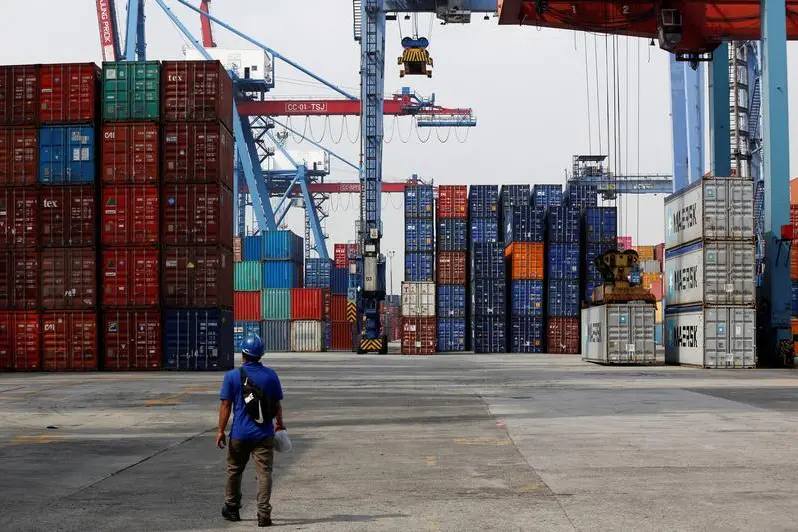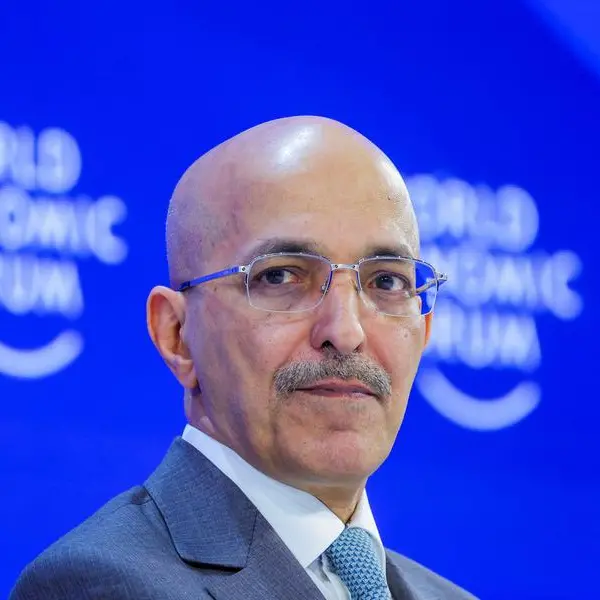PHOTO
JAKARTA - Indonesia's exports surged in March due to higher commodity prices and rebounding global demand, while imports also grew by more than expected last month as domestic manufacturing activity improved, statistics bureau data showed on Thursday.
Merchandise exports beat forecast with an annual jump of 30.47% to $18.35 billion on rising shipments of oil, natural gas, palm oil, steel and coal.
Shipments were also supported by elevated commodity prices and improving demand from top trade partners like China and the United States, whose economies are recovering strongly from the COVID-19 pandemic.
Export growth in March was the highest since July 2017, according to Refinitiv Eikon data, and compared with a Reuters poll forecast of 11.74%.
Meanwhile, imports were up 25.73% to $16.79 billion on higher purchases of raw materials and capital goods. This was the strongest growth since July 2018 and higher than a 6% forecast.
"The double digit increases, both in (imports of) raw materials and capital goods, show manufacturing activities and investment had recovered in the month and we hope it will continue in the second quarter," the statistics bureau chief Suhariyanto said.
Indonesia's vaccine purchase and food imports ahead of the Muslim fasting month of Ramadan also boosted the figure, he said. Ramadan began on April 13 in the country.
The numbers bode well for the first quarter gross domestic product, said Suhariyanto, who goes by one name.
Indonesia's $1.56 billion trade surplus in March came in slightly below the $1.64 billion predicted in the Reuters poll. The surplus narrowed from $2.01 billion in February.
"The momentum is higher than expected, but in general this is in line with our view that the trade balance shrank to $1.56 billion," Faisal Rachman, Bank Mandiri's economist said.
The figures were not likely to impact Bank Indonesia's policy during a review next week, Faisal said, expecting the central bank to keep interest rates unchanged due to pressure on the rupiah currency.
(Reporting by Gayatri Suroyo and Fransiska Nangoy; Additional reporting by Tabita Diela; Editing by Christian Schmollinger) ((gayatri.suroyo@thomsonreuters.com; +622129927609; Reuters Messaging: gayatri.suroyo.thomsonreuters.com@reuters.net))





















